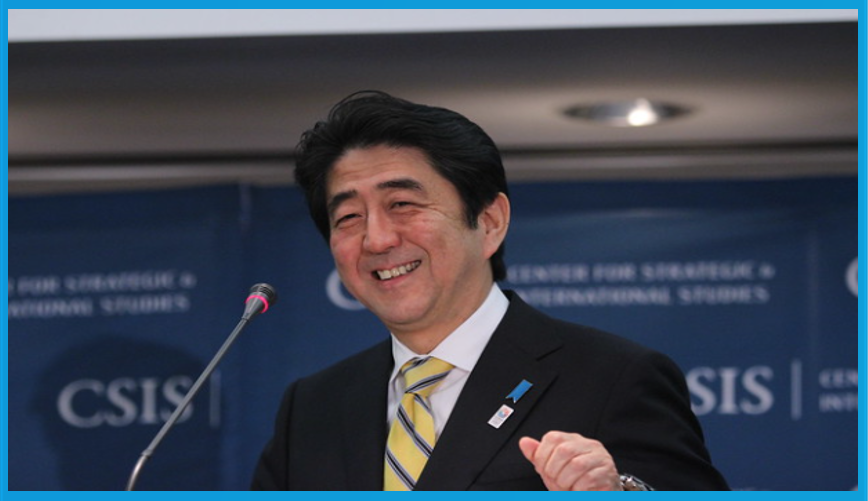April 2025 – Tokyo, Japan — Japan has reported a substantial annual trade surplus of $63 billion with the United States, reinforcing its strong export position just as it enters delicate negotiations with the Trump administration over proposed tariffs.
According to official trade figures released by Japan’s Ministry of Finance, exports to the U.S. rose by 3% year-over-year, primarily driven by high-performing sectors such as automobiles and semiconductors. Meanwhile, overall exports increased 5.9% annually, with imports rising 4.7%, resulting in a monthly surplus of ¥544 billion ($4 billion) in March alone—marking the sixth consecutive month of export growth.
However, the growth pace in March was slightly slower than February, as export momentum faced global economic uncertainties and shifting demand.
Yen Weakness and Tourist Spending Boost Export Figures
A weakened Japanese yen has made imports more expensive but simultaneously bolstered the competitiveness of Japanese exports abroad. Additionally, a surge in inbound foreign tourism contributed positively to export data, as tourist spending is counted as export revenue.
Export Diversification: Asia in Focus
While shipments to China declined, exports to regional markets like Hong Kong, Taiwan, and South Korea saw notable increases. Some economists suggest this reflects a strategic rerouting of Japanese exports within Asia, aiming to minimize exposure to potential U.S.-related trade disruptions.
“This is likely due to the rerouting of exports within Asia to avoid tariff conflicts with the U.S.,” said Min Joo Kang, Senior Economist at ING, in a research note published this week.
Potential Agricultural Concessions?
As Japan prepares for upcoming trade talks with the Trump administration, analysts speculate Tokyo may offer surprise concessions—such as increasing imports of U.S. agricultural products like rice, a historically sensitive commodity in Japan. Rice holds a deep cultural and symbolic significance and has long been shielded from foreign competition. However, a recent domestic rice shortage has driven up prices, potentially creating political and economic space for concessions in this protected sector.
Strategic Timing Amid U.S. Tariff Pressures
The timing of Japan’s surplus report may carry strategic weight as trade tensions with Washington re-emerge. Former President Trump, who has resumed a hardline stance on trade imbalances during his re-election campaign, has emphasized bilateral deficits as a justification for new tariffs.
Japan, a major U.S. ally and economic partner, will likely use this period of mutual economic strength to balance diplomatic sensitivities with strategic concessions—particularly as the two countries navigate a shifting geopolitical and trade landscape.
Sources:
- Japan Ministry of Finance trade data (April 2025)
- ING Economics Research, April 2025
- Japan Times | Reuters | Nikkei Asia (for related coverage)
Shinzo Abe, Prime Minister of Japan Picture on Flickr by CSIS Creative Commons BY-NC-SA 2.0


